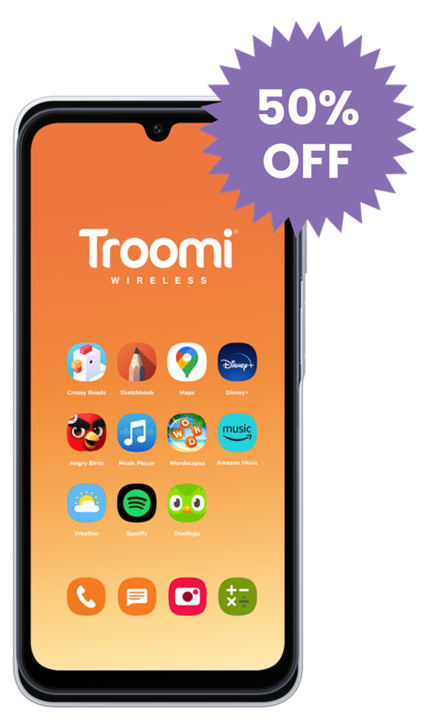The social media platform TikTok has taken off in popularity over the last few years, especially among younger generations. Kids use it to create and share short videos set to music, dance, and connect with friends. Despite its popularity, TikTok has faced some controversy in recent months, and many parents are wondering what all the fuss is about. In this blog post, we’ll explore the recent legislation and legal battles surrounding TikTok, and what parents need to know to keep their kids safe.
The Legislation
In August 2020, President Trump signed an executive order banning TikTok from the US market, citing concerns about data privacy and national security. The order called for TikTok’s owner, Chinese tech giant ByteDance, to divest its US operations within 90 days. However, multiple legal challenges to the order delayed its implementation, and in November 2020, a federal judge granted TikTok an injunction, blocking the ban. In December 2020, a separate executive order ordered ByteDance to sell TikTok’s US operations to a US company within 90 days. As of mid-January 2021, the situation is still in flux, with negotiations ongoing.
What Does This Mean for Parents?
For one, it highlights the importance of data privacy, both for individuals and governments. TikTok and other social media platforms collect vast amounts of data on their users, from their browsing and search history to their location and personal information. Parents should talk to their kids about the importance of privacy settings and being cautious about what they share online.
Legal Battles with TikTok
TikTok has faced criticism for allowing harmful or inappropriate content on its platform. In July 2020, it was fined $5.7 million by the FTC for violating children’s privacy laws. TikTok also faced backlash for not doing enough to combat cyberbullying, misinformation, and hate speech. In response, the company announced several new policies and initiatives to improve content moderation and safety, including banning hateful ideologies, partnering with fact-checkers, and investing in protective technology.
How To Protect Your Kids
However, some parents remain skeptical of TikTok’s safety measures and the potential risks to their kids. The app has been linked to numerous incidents of cyberbullying, scams, and even child predators. To protect their kids, parents can monitor their TikTok usage, talk to them about online safety, and use third-party parental control apps and filters. TikTok itself also offers a parental control feature, which allows parents to restrict their kids’ usage and screen time, and limit who can contact them.
Conclusion
TikTok may be a fun and entertaining app for kids, but it’s important for parents to be aware of the potential risks and controversies surrounding it. From data privacy concerns to harmful content and cyberbullying, there are many reasons to be cautious. However, there are steps parents can take to mitigate these risks like secure communication channel for kids to keep in contact with their parents without the potential harms associated with social media exposure. By empowering kids to have a balanced digital experience, parents can provide a safer environment for their children’s online interactions, fostering a healthy relationship with technology while minimizing the risks associated with it.
Interested in what Troomi can do for your kids’ safety? Click here to learn more!


